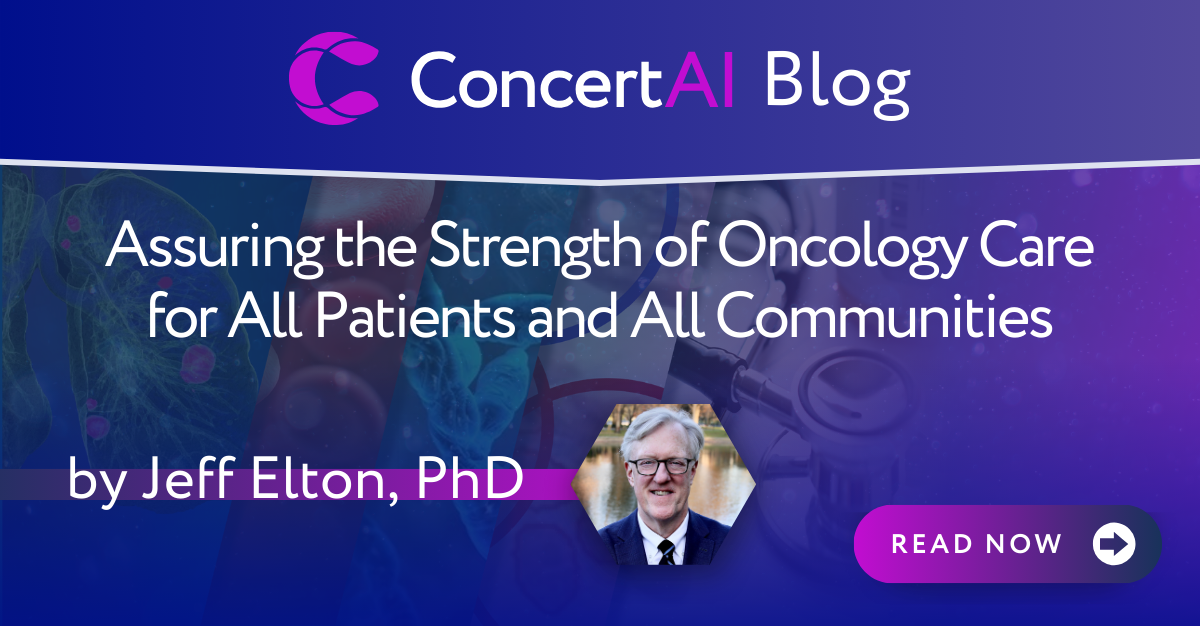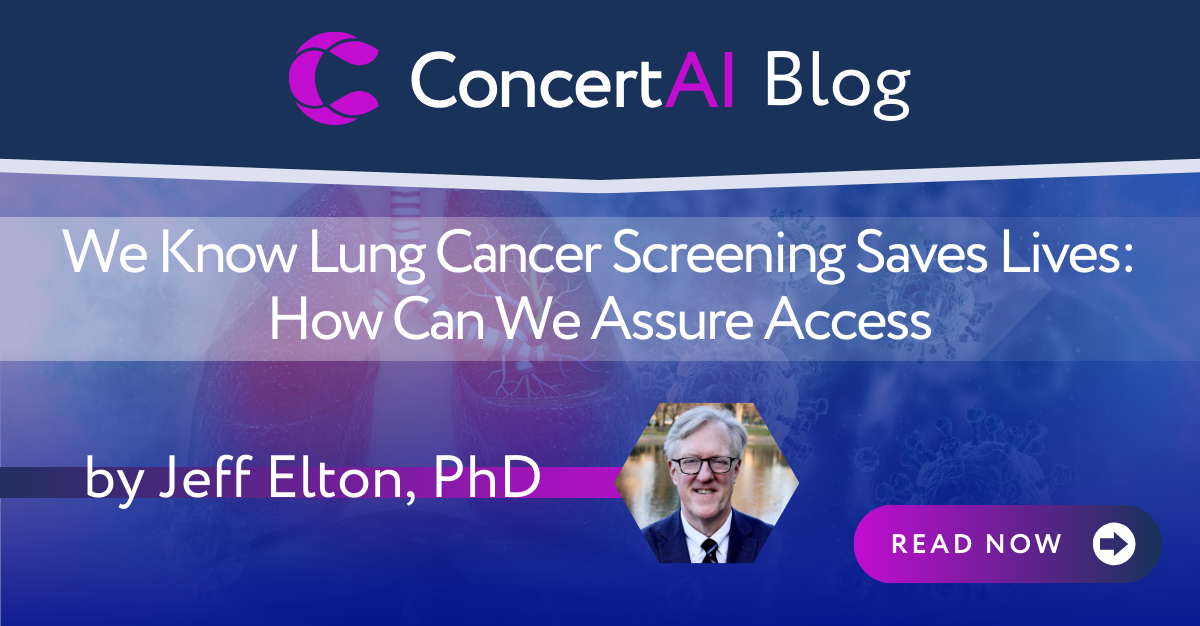
By Warren Whyte, VP ERACE Lead
It’s well founded that men are more prone to cancer than women. In fact, one in two men will develop some form of the disease in a lifetime, compared with one in three women.
But what few may also know is that close to two thirds of the total cancer cases in young adults (ages 20–49 years) are diagnosed in women. In fact, only 3 cancer types that affect exclusively or predominantly women – breast, cervical, and thyroid cancers – create the greatest cancer burden among young adults. Further sobering, women who identify with other marginalized groups, such as BIPOC [Black, Indigenous, or other people of color] or GSM LGBTI [gender and sexual minorities such as lesbian, gay, bisexual, transgender, and intersex], face additional barriers and lower access to care.
The underlying reasons for this gender inequality in cancer incidence between males and females are diverse in both nature and impact, contributing to unequal access to and inefficiencies in the U.S. healthcare system. The negative consequences of these structural barriers include delayed diagnosis and treatment of cancer, the combination resulting in decreased survival for younger women.
As advocates for gender equality, ConcertAI is committed to erasing these disparities. Through ERACE, or Engaging Research to Achieve Cancer Care Equity, we believe deliberate change of the status quo requires three things:
Awareness & Active Acknowledgement: Keeping gender biases front and center in our collective psyche by increasing our collective understanding of gender disparities, how they manifest, and the structural barriers precluding women from receiving the same equitable care as their male counterparts. Here at ConcertAI, we are using Real-world data to better understand these inequities to inform interventions and solutions for women and other marginalized groups. So, awareness alone is not enough – we need to acknowledge these inequities and accept the mandate for their elimination.
Resources Balanced to Risks: Poor health is largely caused by unequal distribution of goods and services; it is the downstream effect of behavioral, social, economic, and environmental demographics, that act in combinatorial fashion with human genetics to influence individual health outcomes. From increased awareness and understanding of the explicit and implicit biases impacting women, we are working with pharma and federal regulators to start building and distributing resources more fairly – deliberately targeting those greatest in need of additional resources and support.
Enabling Empowerment: While imperative in all settings, self-advocacy is especially important in cancer care given medical oncology as an historically male and white dominated profession at the physician level. We must do better to encourage women in overcoming mistrust in demanding access to earlier and broader diagnosis; the latest treatments; and stage and age appropriate clinical trials. It is why we are proud to be working with medical societies, community oncology practices, and advocacy groups to incorporate patient experiences and perspectives in our work.
National Women’s Equality Day is a time for celebrating women and the advancements made in ensuring equitable living for everyone. I believe health is a fundamental human right, and I will personally not rest until it is equally assured to everyone.

